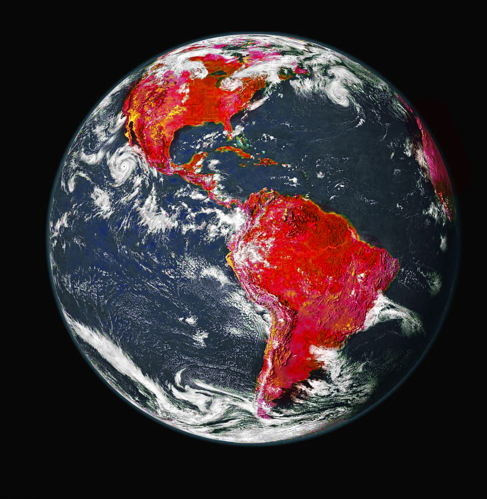
Earth sliding into ‘ecological debt’ earlier and earlier, campaigners warn
Humans have used up the natural resources the world can supply in a year in less than eight months, campaigners have warned.
The world has now reached “Earth overshoot day”, the point in the year when humans have exhausted supplies such as land, trees and fish and outstripped the planet’s annual capacity to absorb waste products including carbon dioxide.
The problem is worsening, with the planet sliding into “ecological debt” earlier and earlier, so that the day on which the world has used up all the natural resources available for the year has shifted from early October in 2000 to August 19 in 2014.
In 1961, humans used only around three-quarters of the capacity Earth has for generating food, timber, fish and absorbing greenhouse gases, with most countries having more resources than they consumed.
 But now 86% of the world’s population lives in countries where the demands made on nature – the nation’s “ecological footprint” – outstrip what that country’s resources can cope with.
But now 86% of the world’s population lives in countries where the demands made on nature – the nation’s “ecological footprint” – outstrip what that country’s resources can cope with.
The Global Footprint Network, which calculates earth overshoot day, said it would currently take 1.5 Earths to produce the renewable natural resources needed to support human requirements.
The network warned that governments that ignore resource limits in decision-making are putting long-term economic security at risk.
Mathis Wackernagel, president of the Global Footprint Network, said: “Global overshoot is becoming a defining challenge of the 21st century. It is both an ecological and economic problem.
“Countries with resource deficits and low incomes are exceptionally vulnerable.
“Even high-income countries that have had a financial advantage to shield themselves from the most direct impacts of resource dependence need to realise that a long-term solution requires addressing such dependencies before they turn into a significant economic stress.”

